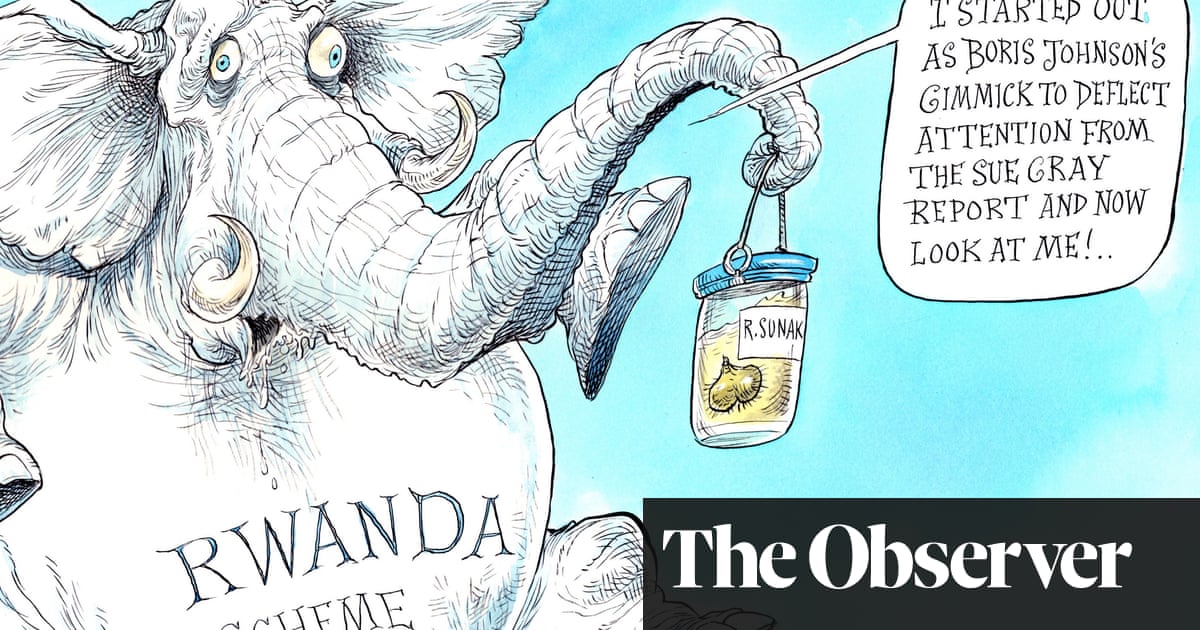
The worst thing that can happen to causes and their wars, be they righteous or not, is for them to turn into traps for their advocates, whereby they cannot achieve the causes’ goals within a particular timeframe and cannot, on the other hand, leave them and turn the page on them. They thereby fall captive to wars for wars’ sake and causes for causes’ sake, while the depletion of resources and squander of reason become inevitable consequences.
When its legitimacy is weak, a political regime’s tendency to hit this chord prevails in the hopes that this will compensate for its limited supply of legitimacy. However, the issue soon turns into a sacred doctrine that the regime which had established it cannot control. Here, the nation falls into the trap of the cause instead of the cause being a source of empowerment for the nation.
The game becomes, in this case, bigger than the player.
In the face of these causes that have become traps, the importance of justice and injustice diminishes, as the cause- trap comes to stand alone, in isolation of its origins and viability, and instead of the failure to attain victory compelling reexamination, it leads to pathological fixation and intransigence. In the face of the scarcity of contemporary evidence for the fruition of promises of victory or for victory being a possibility, seeking help from the past becomes pressing, whether this past is real or not. It ensures that we remain trapped by linking every novel development we face to those we had already faced and emerged victorious from or thought we did. This, in politics, is woven along the lines of the well-known religious fundamentalist approach to engaging with the emergence of new scientific discoveries, responding with claims that we had already made them in some past or that they are mentioned in some old text of ours.
Germany, at the beginning of the twentieth century, was taken by storm by a cause that swiftly became a trap for the Germans: it wants its “fair share” of colonies, such that its booty would be equivalent to that of Britain and France. The matter ended up dragging it to the First World War and its resounding defeat. The matter recurred in more catastrophic fashion later on: retaliation to the demeaning Treaty of Versailles and economic collapse became grounds for bringing the Nazis to power, and thus, the Holocaust was perpetrated, World War Two erupted, and Germany was destroyed and subsequently split into two rival states.
Righteous causes, unrighteous causes and causes of various degrees of both could meet this fate. In the Russia led by Vladimir Putin and the Turkey ruled by Recep Tayyip Erdogan, we find something of this sort: an exaggerated feeling of victimhood and a demand for grandeur that is not supported by material reality. In the meantime, turbulence, crises, interventions and small wars exacerbate, while political life becomes increasingly sterile and feeble as the country’s image worsens across the globe.
In the Arab world, nothing has been worse and more dangerous than Israel’s emergence in 1948 but the response to this turning into a cause- trap for the Palestinians and the Arabs surrounding Palestine: war after war, defeat after defeat, squander of resources, disruption of political life, in addition to conjuring up justifications for repression, societies’ dissolution and the suspension of Palestinian individuals’ lives. Nonetheless, all of this was not enough to grant a reexamination of this approach popular appeal. Because of the trap’s depth, the “resistance’s” enchanted energy continues to hinder the emergence of a remedy.
Some leaders have tried to prevent their causes from turning into traps and deter their people from falling into them. This applies to the proposal that Tunisian President Habib Bourguiba put forward during his famous Jericho speech in 1965. General Charles de Gaulle’s approval of the independence of Algeria, which took place in 1962, against the ideology of “French Algeria,” falls into the same category. Yitzhak Rabin did the same with the 1993 Oslo Accords. De Gaulle faced two coup attempts and several assassination attempts. Rabin was assassinated. Bourguiba was and still maligned.
The Iranian regime does nothing but this today: turning the nuclear issue into popular and sacred doctrine without any concern for the extent to which it corresponds to Iran’s economic capacities, its development needs, the country’s position in the international balances of power and the likelihood of the entire region becoming a site for nuclear enrichment and importation. As for their top military leader and their top scientist being killed at this great alter and their foremost nuclear enrichment site being struck, these are details that do not call for the attention of those in charge.
Today, even if Iran were to succeed at lifting the US sanctions, which have become hard to count, and the European sanctions with them- a complicated and uncertain prospect- Iran’s gravest punishment would still be falling into this trap, the trap of the cause. The regime that considers ending wars akin to “swallowing poison,” per the famous phrase of Khomeini, who consolidated and re-established himself along the lines of the war with Iraq in the eighties, needs the cause- trap, which becomes a requisite for its survival. Therefore, emerging from the trap heralds a gateway to the regime’s toppling. It is in the sense that it was said that Hafez al-Assad agreeing to peace would lead to his downfall. As for this regime’s downfall being a gateway for Iranians’ emergence from the trap, this is more of a foregone granted conclusion.












